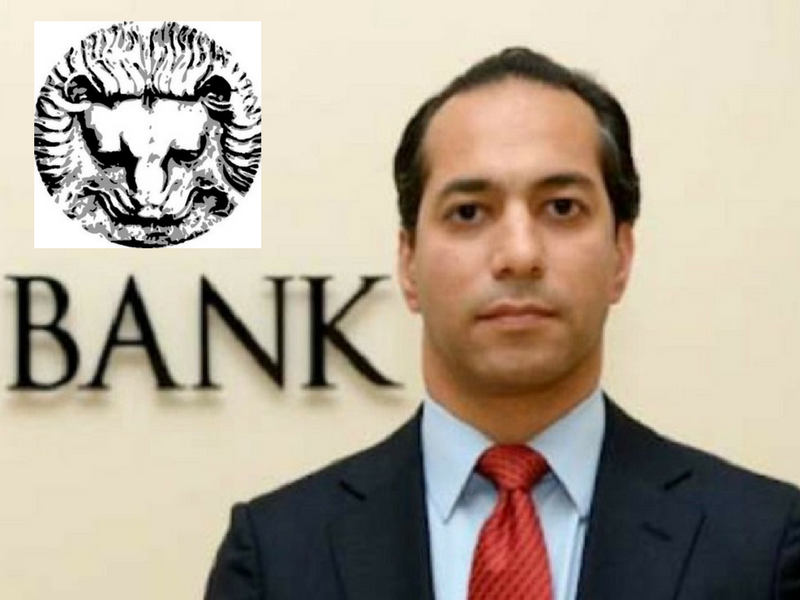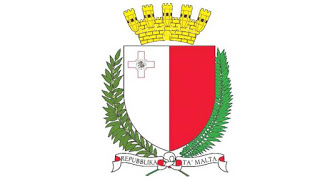The European Central Bank has cancelled the license of Pilatus Bank, according to the Malta Financial Services Authority, which recommended this action in June, which is a pointed reminder of the inability of the ECB to act decisively and promptly in cases of money laundering and bank fraud. Compliance officers were wondering about the delay, and Country Risk for Malta was directly affected.
The inaction of Maltese regulators, who failed to respond until the bank's Iranian Chairman, Alisadr Hesheminejad, was charged in the United States with money laundering and other crimes, has exposed systemic weaknesses in Malta, whose Schengen status permitted free movement of its CBI passport holders, in the eyes of the rest of the European Union. Malta's reputation has taken a major hit in the global financial community, and the EU is looking to increase AML laws as the direct result of Maltese failures.

Additionally, the fact that the bank's chairman, an Iranian national, had four St Kitts CBI passports, obtained through an international CBI consultancy who reportedly assisted in his acquisition of a banking license, focused global attention upon the high-risk nature of Citizenship by Investment passport holders, and the perception that due diligence upon CBI applicants is fatally flawed, and conducted by companies with a built-in conflict of interest.
Chronicles of Monte Friesner - Financial Crime Analyst 
Contributed by Kenneth Rijock - Financial Crime Consultant
















